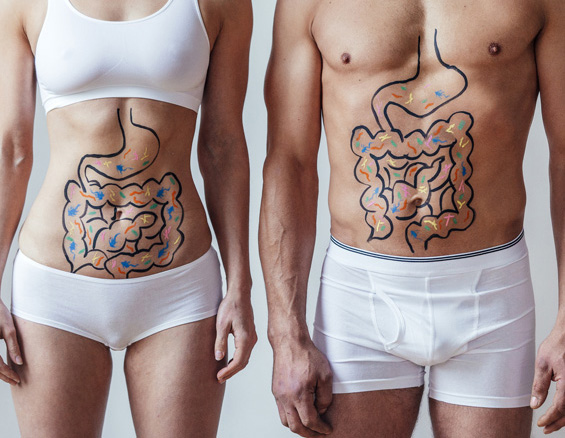
Hairfall
A shift in the hormonal system post pregnancy and during the lactationperiod often leads to postpartum hair loss.
There are different factors that can lead to hair fall in differentindividuals. Some of the common factors responsible for hair fall are :
Stress – It is the mostcommon factor leading to hair loss. Both physical and mental stress can causehair loss.
Heredity : Hair loss or Alopeciacan be hereditary.
Pregnancy : Pregnancy related hair loss is seen morecommonly after your baby has been delivered rather than actually duringpregnancy.
Too much Vit. A - Overclosing Vit. A containing supplements or medications can triggerhair fall.
Lack of Protein - If you don’t get enough protein in yourdiet, your body may ration protein by shutting down hair growth. This canhappen about two to three months after a drop in protein intake.
Female Hormones –Hypothyroidism, PCOs Hormonal change during pregnancy etc.
Anemia –
Vit. B – deficiency
Autoimmune – related hair loss : This is also called alopecia aerateand basically is a result of an overactive immune system.
Dramatic Weight Loss : Sudden weight loss is a form ofphysical trauma that can result in thinning hair.
Chemotherapy
Overstyling – Vigorous stylingand hair treatments over the years can cause your hair to fall out.
People typically lose about 100 hairs a day. This usually doesn’t causenoticeable thinning of scarp hair because new hair is growing in at the sametime. Hair loss occurs when this cycle of hair growth and shedding is disrupted or when the hairfollicle is destroyed and replaced with scar tissue.
PATHOPHYSIOLOGY
Hair follicle growth occurs in cycle. When morethan 100 hair fall out per day. Clinicalhair loss (telogen effluvium) may occur.A disruption of the growing phase causes abnormal loss of anlagen hairs(anlagen effluvium).